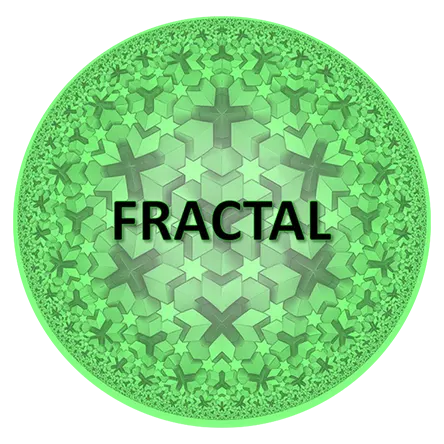
Fractal – Cognitive Fractal and Secure Edge Based On Unique Open-Safe-Reliable-Low Power Hardware Platform Node
H2020- ECSEL-2019-2-RIA | 2020-2023
ABSTRACT
The objective of the FRACTAL project is to introduce a novel approach to reliable edge computing, by creating a Cognitive node under industry standards. This computing node will be the building block of scalable Internet of Things (from Low Computing to High Computing Edge Nodes).
Cognitivity is provided by Artificial Intelligence methods, supported by internal and external architectures that allow the node to proactively adapt to changes in the surrounding world. Hence, this node will have the capability of learning in real-time how to improve its performance and dependability despite the uncertainty of the environment. Together with this the project will also consider the enhancement opportunities brought by the continuous emergence of more powerful solutions in the area of Cyber-Physical Systems (CPS), Systems of Systems (SoS) and Internet of Things (IoT). For instance, opportunities coming from advanced microelectronics, high-performance computing, smart system integration, and improved cloud services, traditionally mostly neglected, will prevent the node from failing to meet the stringent requirements for increased autonomy coming from the new application domains.
OUTCOMES
As a result of the integration of these cognitive systems into an edge fractal network, there will be an intrinsic crucial advantage, a combination of safety, adaptability and emergence of new possibilities. Therefore, new industrial functions will flourish through the created space of possibilities of our cognitive systems. This scalable fractal network will transfer all those cognitive advantages to a new Cognitive Edge, a computing paradigm that lies between the physical world and the cloud.
PARTNERS
Ikerlan (ES) – coordinatore, ACP Advanced Circuit Pursuit (CH), Aitek (IT), AVL (AT), Barcelona Supercomputing Center (ES), Beewen (DE), Caf Signalling (ES), Thales (FR), Haltian (FI), Modis Consulting (IT), Offcode (FI), PLC2 (DE), Prointec (ES), Qualigon (DE), Ro Technology (IT), Rulex Innovation Labs (IT) Siemens (AT), Solver Machine Learning (ES), Thales (FR), University of Siegen (DE), Polytechnic University of Valencia (ES), University of L’Aquila (IT), University of Genoa (IT), University of Modena and Reggio Emilia (IT), University of Oulu (FI), Virtual Vehicle Research (AT), Zylk.Net (ES).
FUNDING BODY
This project has received funding from the ECSEL Joint Undertaking, European Commission (grant agreement 877056).
WEBSITE: https://fractal-project.eu/project
